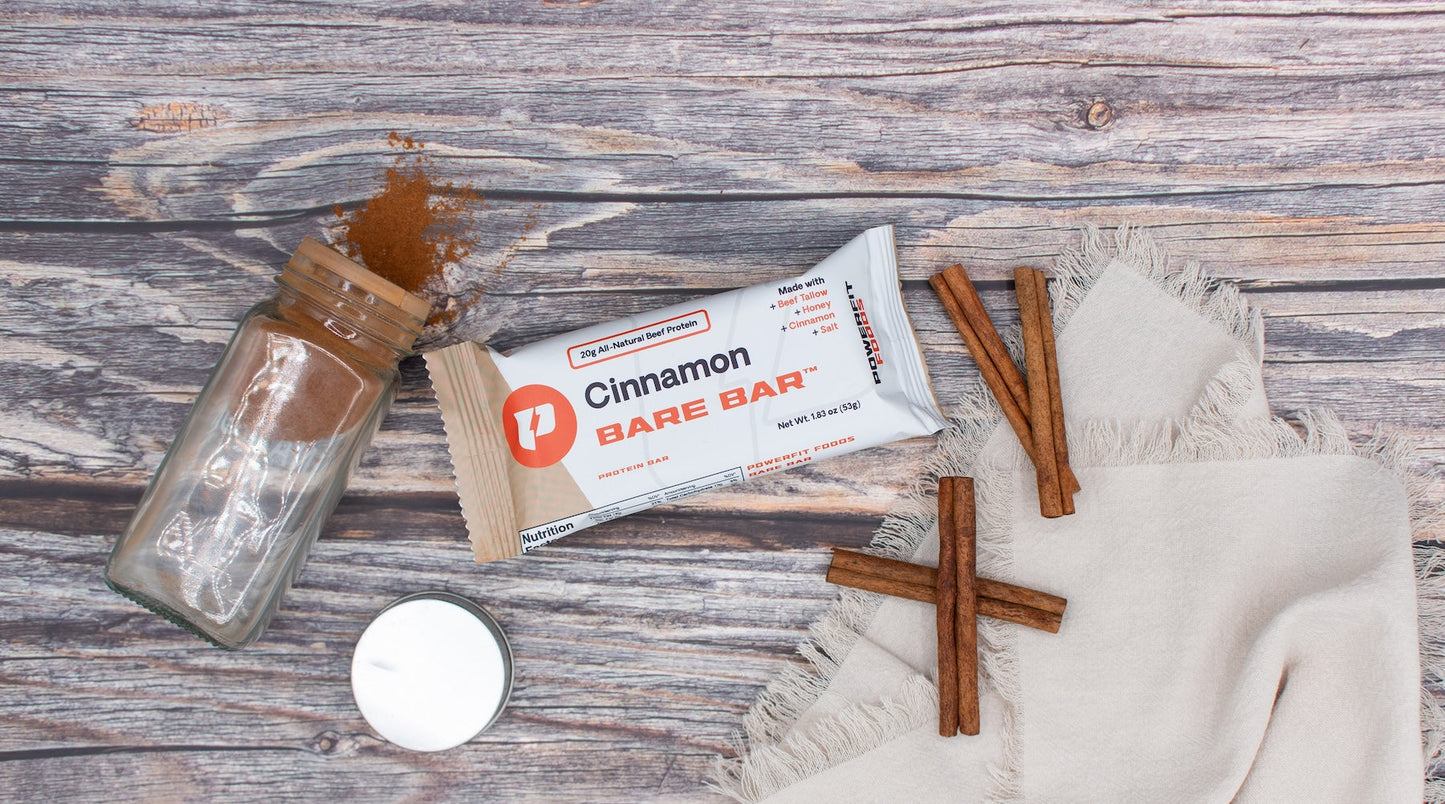In recent years, many health-conscious consumers have begun questioning the widespread use of seed oils and their effects on inflammation, chronic disease, and overall wellness. Despite their popularity as “heart-healthy” fats, emerging evidence suggests that seed oils may contribute to inflammation when consumed excessively or in processed foods.
If you're looking for ways to support your health with natural protein sources and seed oil free snacks, products like Bare Bars are an excellent choice. These nutrient-dense snacks are crafted with real ingredients and free from harmful seed oils, making them a smart addition to an anti-inflammatory diet.
In this blog, we’ll explore what seed oils are, how they impact inflammation, and how Bare Bars can help you avoid seed oils while supporting your health goals.
What Are Seed Oils and Why Are They Concerning?
Seed oils are vegetable oils derived from seeds like soybeans, corn, canola, sunflower, safflower, and cottonseed. They’re heavily processed through chemical extraction, bleaching, and deodorizing, which strips away nutrients and can introduce harmful compounds.
Despite their widespread use in processed foods and snacks, research indicates that seed oils are high in omega-6 fatty acids, which—when consumed in excess—may promote inflammation. This chronic inflammatory state is linked to a variety of health issues, including heart disease, insulin resistance, autoimmune conditions, and even neurodegenerative diseases.
How Seed Oils Promote Inflammation
Here's how seed oils can contribute to inflammation:
- High omega-6 content: Excessive omega-6 fatty acids imbalance the body's omega-6 to omega-3 ratio, promoting the production of pro-inflammatory molecules.
- Oxidation during refining: The refining process exposes seed oils to high heat and chemicals, creating oxidized fats that trigger inflammatory responses.
- Altered cell membranes: Heavy seed oil consumption can change cell membrane composition, increasing susceptibility to oxidative stress and inflammation.
Focusing on reducing seed oils in your diet is a smart move toward lowering inflammation and supporting overall health.
How to Avoid Seed Oils and Support Inner Balance
1. Read and scrutinize food labels
Many processed foods—including snacks, dressings, and baked goods—contain seed oils. Look for ingredients like soybean oil, canola oil, sunflower oil, safflower oil, or vegetable oil—these signals indicate seed oil presence.
2. Choose seed oil free snacks
Opt for seed oil free options. For example, Bare Bars are crafted with minimal ingredients, natural fats, and no seed oils, making them a perfect choice to support an anti-inflammatory lifestyle. Explore our seed oil free snacks collection to find products designed for health-conscious individuals.
3. Cook with healthy fats
Cook using extra virgin olive oil, avocado oil, or grass-fed butter, and avoid processed seed oils. This supports a healthier fat profile that reduces inflammation.
4. Incorporate omega-3s
Balance omega-6 intake by adding omega-3-rich foods, like wild salmon, walnuts, flaxseeds, and chia seeds, which help counteract inflammation.
5. Focus on whole foods
Eat plenty of vegetables, fruits, nuts, seeds, and quality animal protein — foods that naturally support an anti-inflammatory balance.
Why Bare Bars Are the Perfect Seed Oil Free Snack for Your Health
If avoiding seed oils is a priority, Bare Bars are a delicious and convenient solution. Made with responsibly sourced ingredients including grass-fed whey and nutrient-dense fats, they are free from seed oils and artificial fillers.
Each Bare Bar provides sustained energy and supports your wellness goals without the inflammatory load typical of many processed snacks.
Final Thoughts: Take Control of Your Inflammatory Response
The link between seed oils and inflammation is clear, but small choices can make a big difference. Switching to seed oil free snacks like Bare Bars and focusing on whole, natural fats can help reduce inflammation and promote better health.
By being mindful of ingredient labels and choosing nutrient-dense, seed oil free products, you’re investing in a healthier, less inflamed future.

